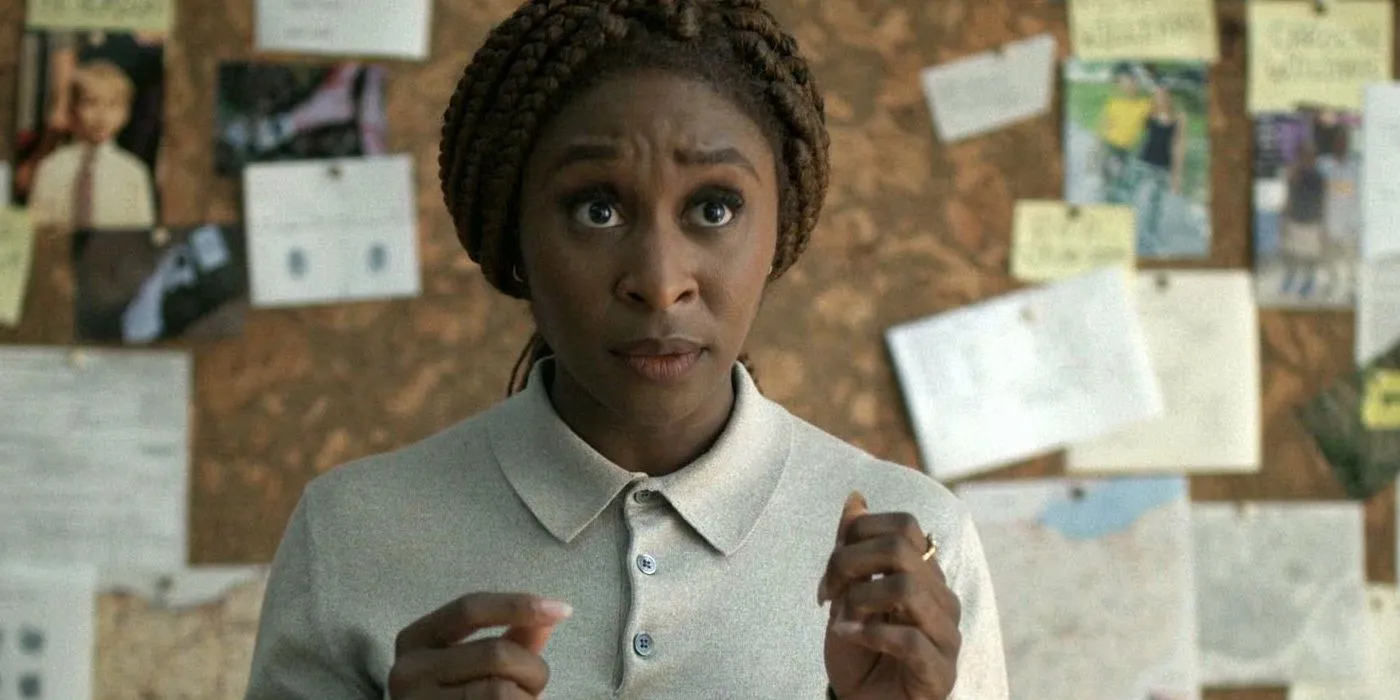
Holly Gibney, one of Stephen King‘s most prominent and contentious characters, has sparked a range of reactions among his readership. As she prepares to return in King’s new novel, Never Flinch, fans are divided—some eagerly anticipate the latest crime story, while others express frustration at her recurring presence.
This mixed response is hardly unexpected, as Holly has proven to be a polarizing figure throughout King’s work. While some fans appreciate her depth and complexity, others wish she featured less frequently. Regardless of the differing opinions, one thing is certain: Holly Gibney is here to stay. Stephen King himself has mentioned that she is one of his favorite characters, further solidifying her place in his literary world. Although she was absent from his most recent collection, You Like It Darker, her upcoming presence in Never Flinch raises questions about the intense reactions she elicits.
The Controversy Surrounding Holly Gibney: An In-Depth Look
Factors Contributing to the Division Among Fans

The divergent opinions regarding Holly Gibney can be attributed to several factors. She uniquely stands out as one of the few characters in King’s repertoire to receive such extensive development and airtime, rivaling characters from The Dark Tower series and the infamous Randall Flagg. This prominence can invite criticism, particularly as Holly’s traits are seen as unconventional and sometimes challenging for readers to connect with.
|
Books Featuring Holly Gibney |
Release Date |
|---|---|
|
mr. Mercedes |
August 9, 2014 |
|
Finders Keepers |
June 2, 2015 |
|
End of Watch |
June 7, 2016 |
|
The Outsider |
January 12, 2020 |
|
If It Bleeds |
April 21, 2020 |
|
Holly |
September 5, 2023 |
|
Never Flinch |
May 27, 2025 |
Holly’s agoraphobia, obsessive-compulsive traits, and remarkable intellectual abilities have drawn criticism. For some readers, her personality proves challenging to embrace initially. Additionally, some believe that Holly embodies a Mary Sue archetype, exhibiting an almost superhuman skill set in certain areas, such as deduction and memory, which can come across as unrealistic compared to other characters.
This critique seems somewhat unjust when considering King’s history of writing characters with extraordinary abilities. Holly’s exaggerated skills often draw comparisons to Mark Petrie from ‘Salem’s Lot and Roland Deschain from The Dark Tower. The key difference, however, is Holly’s gender, which might suggest underlying issues of misogyny among some critics, particularly as King’s portrayal of female characters has frequently come under scrutiny.
The Impact of King’s Latest Works Featuring Holly Gibney
A Desire for Returning to Horror

Holly Gibney’s reputation has been impacted by the nature of the books she inhabits. While authors often seek to innovate and revitalize their storytelling, Stephen King’s decades-long career mirrors various artistic trends in music and film. For the last ten years, King has gravitated towards a crime thriller genre, beginning with his first pure crime novel, Mr. Mercedes, where Holly made her debut. Her appearances in subsequent thrillers, including The Outsider and Holly, have received applause and spawned successful television adaptations, with Cynthia Erivo portraying Holly in The Outsider and Justine Lupe in Mr. Mercedes.
However, a section of his loyal readers longs for the horror King has become famous for, often voicing their discontent over what they perceive as a shift away from the genre. They clamor for the return of the classic horror that has defined much of King’s legacy, as crime thrillers become commonplace in contemporary literature. This sentiment can be somewhat detrimental to Holly, who, as a character, represents a significant pivot away from the horror that many long-term fans cherish. Thus, her presence has become a focal point of that dissatisfaction.
Holly Gibney: A Memorable Character in King’s Portfolio
A Relatable Flawed Persona

Despite facing backlash from certain segments of King’s readership, Holly Gibney stands out as one of his most compelling creations. Stephen King’s historical struggles with crafting nuanced female characters are noteworthy, particularly given that many of his protagonists embody the everyman or everywoman archetype. Yet, Holly defies expectations with her richly layered character development.
The critiques surrounding Holly merely underscore her strength as a character: she is relatable and flawed. With her quirks and vulnerabilities, Holly embodies qualities that many readers can see as reflective of their own complexities, enhancing her memorability. In many ways, Holly Gibney embodies the most authentic and relatable aspects of humanity, fostering a connection that results in varied emotional responses from readers.
Overall, whether adored or loathed, Holly’s representation in the literary landscape continues to provoke thought, indicating her unique role in King’s storytelling legacy.




Leave a Reply